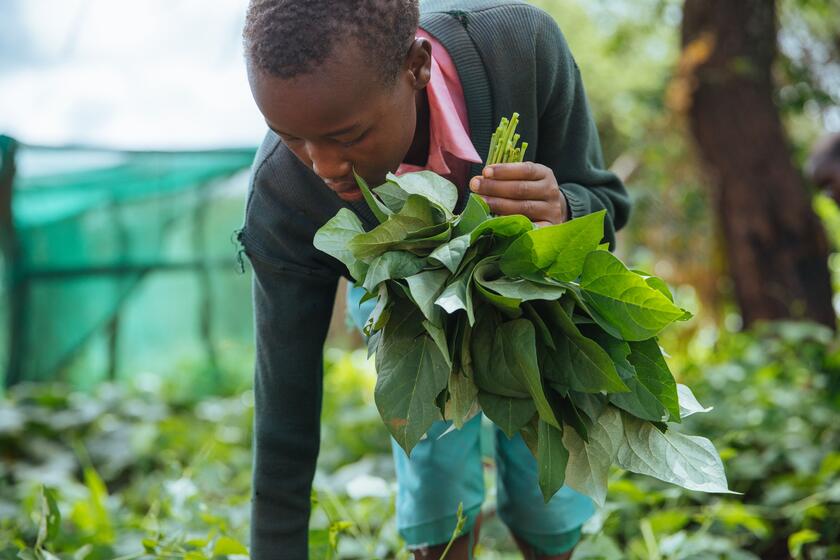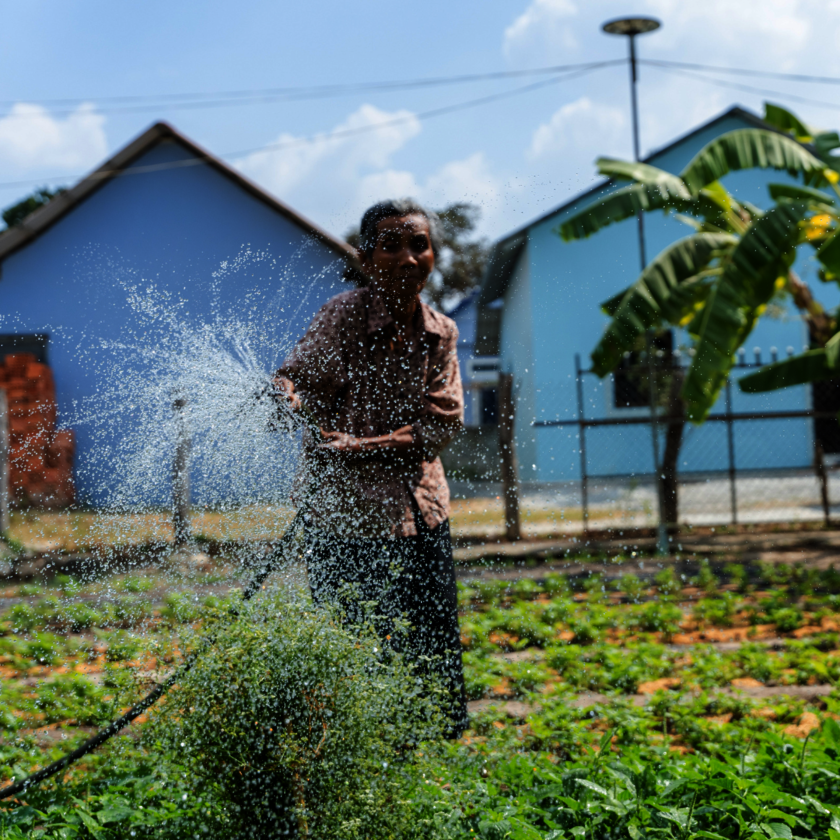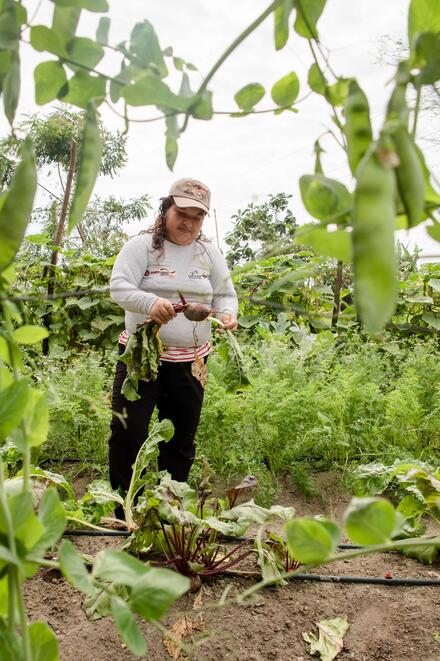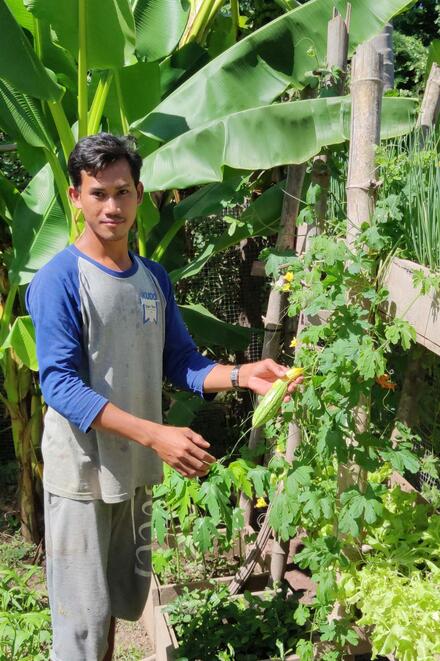Sustainability

What is Sustainability?
Sustainability is a broad concept that aims to meet the needs of the present without compromising the ability of future generations to meet their own needs. It has three key dimensions: environmental, social and economic sustainability. Sustainability therefore requires a holistic rethink of our lifestyles, consumption patterns and economic structures in order to achieve a balance between environmental integrity, social equity and economic viability.
Strategy for Sustainability
Sustainability is the foundation of our future. We are aware of our social responsibility. In order to make a significant social contribution to a future worth living in, we have set ourselves the goal of making our actions demonstrably transparent and sustainable. Sustainability is more than just environmental protection, and many individual measures do not make us a sustainable organisation. That is why we want to address this complex issue with a holistic sustainability strategy. This strategy should address all three dimensions of sustainability: Economic, Environmental and Social. With the Dresden Declaration and our six areas for action, the Sustainability Strategy Committee has laid the foundations for our future sustainability work.
Dimensions

The social dimension reflects our commitment to the common good and the fair treatment of all stakeholders. Equal opportunities, fair working conditions and sustainable sourcing are the cornerstones of social interaction based on respect and diversity. Our responsibility as an employer goes beyond business - we see diversity as a strength, and respect and promotion of human rights are essential principles of our actions. Through our commitment to the social dimension, we not only strive for harmony within the company, but also actively contribute to a fairer society.
The environmental dimension is the fundamental backbone of our efforts. We focus on protecting the climate and conserving natural resources. Our goals range from climate neutrality to a comprehensive carbon footprint. This dimension ensures the preservation of our natural resources and actively contributes to a sustainable ecosystem.
The economic dimension completes our sustainability concept through the responsible and efficient use of resources. Sustainable cost management and the targeted reduction of complexity, including through digital technologies, create the economic basis for long-term economic success and stability. Simplifying processes and structures not only makes economic sense, it also serves the overarching goal of sustainable development. In the economic dimension, we recognise the opportunity to reconcile economic activity with environmental responsibility and make a positive contribution to a sustainable future.
Selected measures
Supply Chain Act
Respecting and promoting human rights is a core principle of our business and an important aspect of our sustainability strategy. We therefore aim to agree high standards with all our partners, adapt our procurement processes and conduct regular risk assessments. A reporting mechanism has been put in place for employees and non-employees to report human rights abuses throughout the year and on an ad-hoc basis. Whistleblowing system



